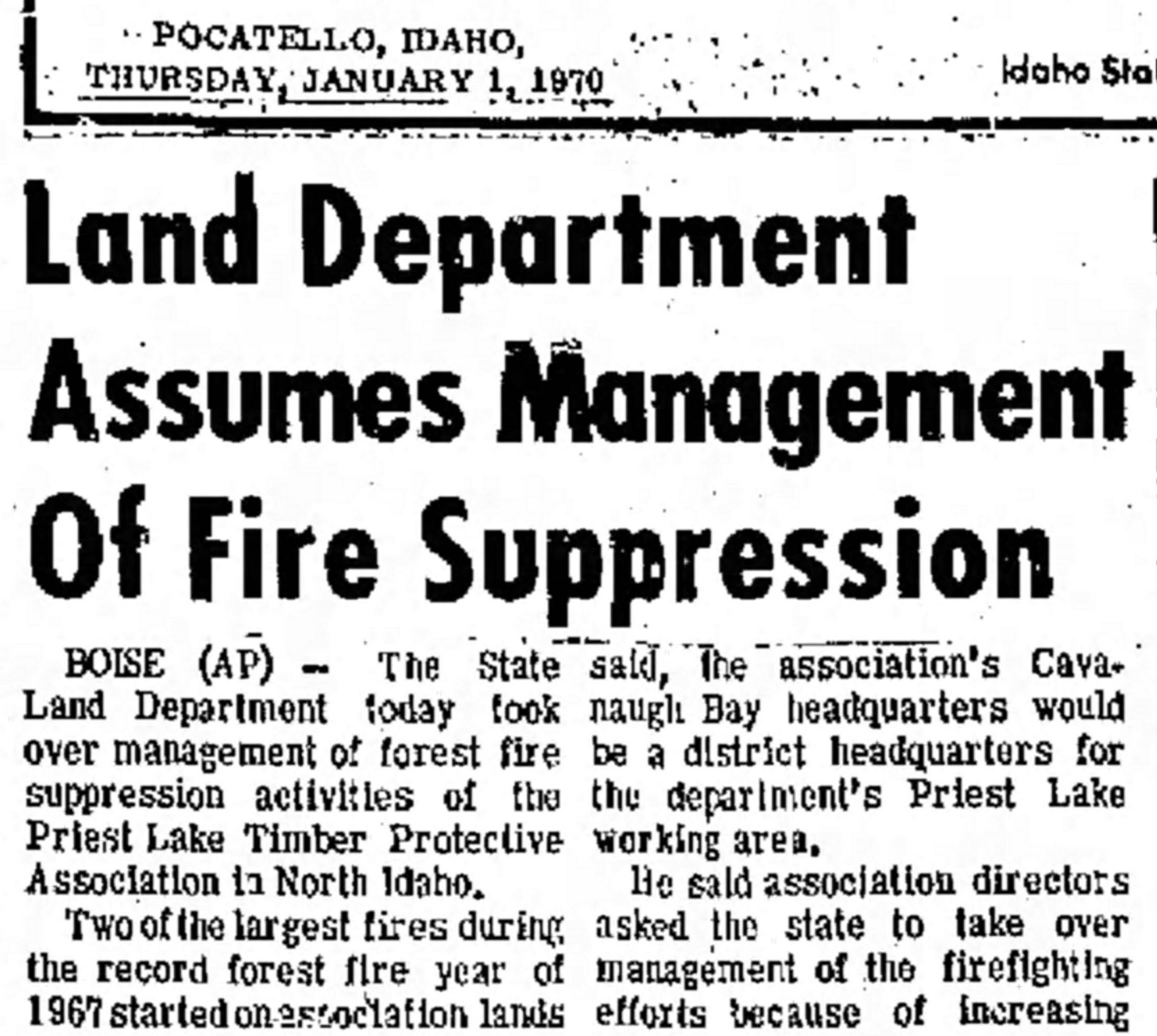The Inflation Conflagration
Given that the Fed's own reckless monetary policy is the source of today's inflation, will they finally show some responsibility and fight the rising prices or cave to an inflationary end-state?
Once I lived the life of a millionaire Spending my money'n I did not care Carrying my friends out for a good time Buyin’ bootleg liquor, champagne and wine Lord but I got busted and I fell so low Didn't have no money and nowhere to go This is the truth, Lord, without a doubt Nobody wants you when you're down and out Lord, if I could get my hands on a dollar again I would hold it till that eagle grins I would try just for one little house Nobody knows me when I'm down and out - excerpt from Scrapper Blackwell’s “Nobody knows you when you are down and out”
The inflation that we are seeing today was not caused solely by recent exogenous shocks like China’s COVID lock-downs or the war in Ukraine or any other temporary event, but instead it has come as the result 15+ years of reckless monetary policy and 30+ years of moral hazard induced mal-investment.
Like the misguided mindset of pre-1970s forest management, suppressing every fire in an effort to “protect” the forest, a process that Mother Nature was perfectly capable of performing for many millions of years without the “benefit” any human intervention, the “stewards” of our financial eco-system have consistently prevented the natural cleansing effect of major market downturns and financial crisis.
Worse yet, the Fed and their global central banker counterparts through their extraordinary “easy money” policies (i.e. ZIRP/NIRP, QE) literally spread combustible debris all over the global financial system in an foolish effort to manage a macro-economic “controlled burn” that only worked to warp our sense of value while simultaneously encouraging immense amounts of reckless speculative activity.
The “cause” of today’s inflation is the over-expansion of the monetary base and all associated money aggregates, the “effect” of inflation is rising prices, but between this basic relationship lies probably the most important stimulating factor, namely human psychology.
What makes a person pay an additional 9% for a consumer good this year than they did last year? Why would a prospective home buyer willingly compete in a bidding war that sends the final purchase price 30% over the original asking price and obviously out of line with the property’s historic valuation? Why would youth with nearly zero real wealth be pumping whatever meager “money” they do have into a stock trading app in the hopes of a quick payoff on shares of any company much less aging firms clearly in their twilight years? Why would an otherwise financially astute investor be duped into believing that he could purchase a tweet and further that it was worth nearly $5 million? How could an obviously strange deep-talking 19 year old Elizabeth Holmes con the venture capital community out of $700 million for a prospective innovation that could easily, with minimum due diligence, be shown to defy the limits of physical reality?
Delusions truly abound!
We are in an era where fantasy has replaced cold hard facts and market participants prefer to LARP their way through their life’s trajectory entertaining one outlandish concept or another rather than simply cultivating the real earned product of toil and time.
This outcome was not by accident either, but by the Fed (and their global central banking counterparts) and the Federal government’s choices. When the value of money is undermined, particularly as fundamentally as it has been over the last many decades, it distorts the human psyche and unleashes irrational wants, desires and perceptions leading to actions that would never be possible with harder earned real wealth in a more grounded real world.
In a high energy and highly preposterous environment like this, it only took the inevitable spark, the COVID-19 pandemic panic, to provide the final stimulus to light-up things and start an epic inflationary conflagration going and ultimately the greatest, most fundamental challenge of our time.
We need face up to this challenge and get back to the world of sound money and prudent behavior.
This coming economic reckoning holds the hope for a post-crisis reality that goes “back to basics” on many fronts albeit at the cost of massive asset price declines, a federal finance and budget catastrophe, a sharp increase in long term unemployment and a never ending list of financial (and real) suffering as the dreamy wild times of the bubble decades of the “Great Moderation” become distant memories.
The task at hand for the Fed at this critical moment, provided that they truly want to tackle inflation and right the wrongs of their prior policy, is to fully embrace a new era, the “Great Agitation”, and a shift of the macro-economy back in the direction of sound money.
This is no small task and is not accomplished with a rate hike here or there but rather a commitment to contract the monetary base, no matter how painful the process may be, stamping out speculative fevers while fully disabusing all market participants of the notion that “easy money” will ever been seen again in their lifetimes.
Painful as this process may be, it is the only true path forward to a world that retains the integrity of our traditional political and economic the systems.
If the Fed again panics in the face of the economic turmoil and pivots back to desperate money creation and inflation just to buy a measure more of “stability”, then we will be truly be repeating history as this latest empire simply degenerates into a modern Dark Age of meaningless chaos.





Ram, Thanks! Well to be totally truthful, I don't know much about the Taylor rule but I can say that in my experience, macro models should not just be followed blindly. Back in 2006/07 there were many models indicating that the United States could never experience a nationwide housing decline but that's exactly what happened and it was as obvious as can be, sol long as you weren't blinded by traditional macro models. I take more of a narrative economics approach because I tend to think that most large aggregate economic functions are rooted (in one way or another) in the human thirst for storytelling and self-aggrandizement. People have a normal human urge to succeed and "to be loved and be lovely" as Adam Smith put it. This tends to make people overshoot... like hypo-maniacal behavior, people see themselves as they want to be seen and project themselves into their own personal stratosphere. This wouldn't be so interesting if it weren't for the addition of epic levels of "easy money" allowing individuals to put real bubbly power behind their delusions. But eventually, it all has to revert to the mean... every boom has its bust. When I talk about sound money I would include a system held to account by some means that is more fundamental than fiat... like Bitcoin or gold or whatever commodity... Basically, the power that the monetary authorities have over fiat is just too great for human beings to be trusted with. We need to be tethered (held to account) to some system that is unequivocally real and unable to be tampered with as a result of political or social whims.
The para questioning why people pump their money blindly into things, automatically expecting them to appreciate was brilliant. Great piece! There’s something very wrong when everybody expects everything to perpetually go up for practically 14 years straight.
Question: When you talk about sound money, are you referring to going back to the books and following the Taylor rule, etc.?